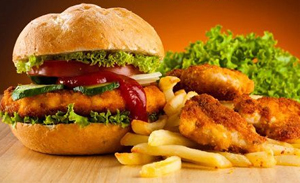 May 14: Imagine 'magnetic' bacteria that, as part of your food, can help diagnose digestive diseases like stomach cancer.
May 14: Imagine 'magnetic' bacteria that, as part of your food, can help diagnose digestive diseases like stomach cancer.
Scientists from University of Granada in Spain have successfully incorporated magnetic particles into probiotic bacteria like those found in many foodstuffs.
These magnetic bacteria, after ingestion, help diagnose diseases of the digestive system like stomach cancer.
To design these magnetic bacteria, the researchers tried to copy 'magnetobacteria' that naturally produce very limited numbers of internal magnets.
This essentially provides them with a means of orienting themselves as if they possessed an internal compass.
"These artificial magnetic bacteria could have biomedical applications in magnetic resonance imaging - to facilitate diagnosis - or in heating malign cells through magnetic hypothermia and, thus, curing diseases like cancer," researchers noted.
The researchers - members of Bionanomet, the Metallic Bionanoparticle research group of the Department of Inorganic Chemistry and the Institute of Biotechnology of the University of Granada - have conducted this research in collaboration with BIOSEARCH SA, a private company.
This new technology will facilitate the use of these probiotic bacteria, common in food, to diagnose and treat tumours and as an edible iron supplement, said the report published in the journal Advanced Functional Materials.





Comments
Add new comment